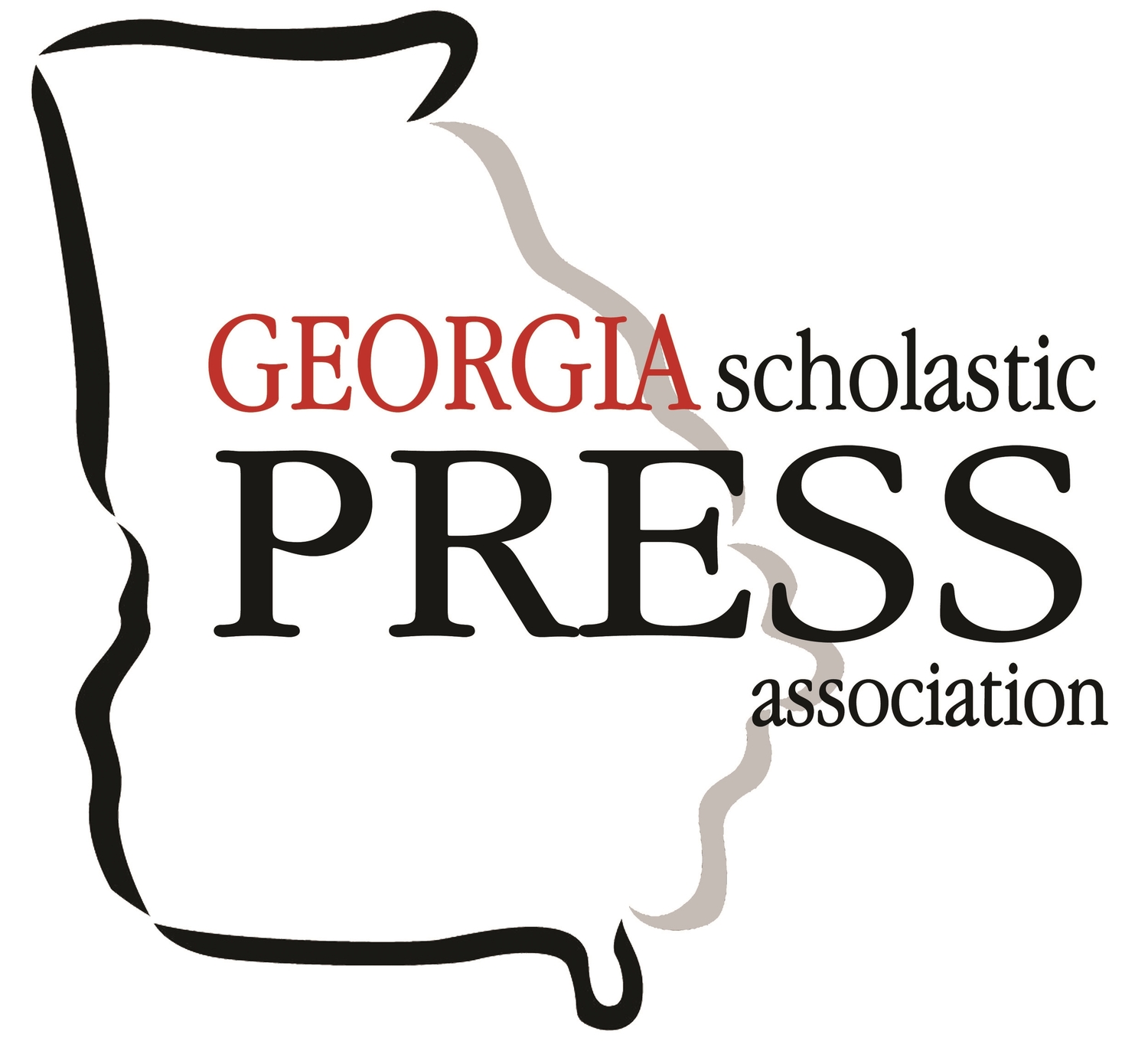Congratulations, First Amendment Essay Winners!
/Congratulations to the 2019 First Amendment Essay Contest winners!
Natalie Schliekelman, a freshman at Clarke Central High School in Athens, received first place for her essay “Words can hurt.” Isabelle Manders, a senior at Marietta High School, and Katherine Haas, a junior at South Forsyth High School, received second and third place, respectively. Essays were judged by a panel of First Amendment scholars.
The essay prompt this year was as follows:
In the First Amendment context, some scholars say it is possible to have a free society in which people have the right to call on the law to defend them against being offended or insulted. Other scholars say that is not possible. What do you think? Make an argument one way or the other.
Thank you to all of the students who submitted essays, and congratulations to the winners! You can read each of the winning essays below.
Words can hurt
By Natalie Schliekelman
Children are taught that words are harmless. They are told that sticks and stones can break their bones, but words will never hurt them. By the time they are adults, they will learn the truth. Words hurt most of all. Hate speech, libel or slander can ruin someone’s reputation or even make them fear for their lives. Yes, freedom of speech is necessary for a free and fair country, but freedom of speech shouldn’t be confused with saying whatever one wants no matter the consequences.
For many, hate speech is a very real and terrifying problem. Usage of symbols like burning crosses and Confederate flags fall under free speech and efforts to punish culprits have been stopped by the Supreme Court. In other nations, including Canada and Australia, they have laws prohibiting hate speech, in accordance with the International Covenant on Civil and Political Rights (ICCPR), which states that "any advocacy of national, racial or religious hatred that constitutes incitement to discrimination, hostility or violence shall be prohibited by law." So why doesn’t the US?
Freedom of speech is one of the foundational ideas of the US. It’s the main reason the US is so set against the idea of limiting freedom of speech in any way, even when it’s to protect their citizens. This needs to change. Freedom of speech must be preserved, there’s no argument about that, but the ideals of the founding fathers shouldn’t be more important than the real life threat to modern day American citizens.
Laws have been created to stop defamation through the form of slander and libel without infringing on First Amendment rights, so laws should be able to be created to discipline those who use hate speech as a weapon. In some areas, like student journalism, the trend has even been towards taking away First Amendment rights, such as the court case Hazelwood v. Kuhlmeier, which ruled that the First Amendment did not protect student’s free speech in certain cases. The Supreme Court has ruled against the First Amendment many times, but not in the place where it really matters.
There is already precedence for these laws that the US could follow. Something like France’s “Law on the Freedom of the Press of 29 July 1881,” which punishes those who “incite hatred or violence against a person or group of persons on account of their origin or membership or non-membership of a given ethnic group, nation, race or religion, or his true or supposed sexual orientation or gender identity,” would fit the bill, or if it’s too much, something that prohibits discriminatory language or symbols.
Freedom of speech is one of the most important American principles, but it should have a limit. There is a difference between stating an opinion and denigrating someone else, and the law needs to reflect that. If the First Amendment can be twisted to censor high school students, it should not be able to stop Americans from being protected from speech intended to insult, offend, or hurt.
Works Cited
United States - Counter-Terrorism - Counter-Terrorism - Legislationline, www.legislationline.org/documents/id/15730.
OHCHR | Freedom of Religion: UN Expert Hails Albania, but Notes New Challenges and Unresolved Issues from the Past, www.ohchr.org/en/professionalinterest/pages/ccpr.aspx.
___
The other two winning entries express different views.
Read Isabelle Manders’ essay here.
Read Katherine Haas’ essay here.

